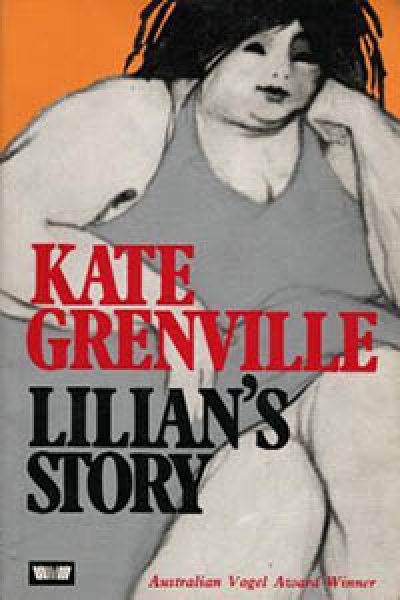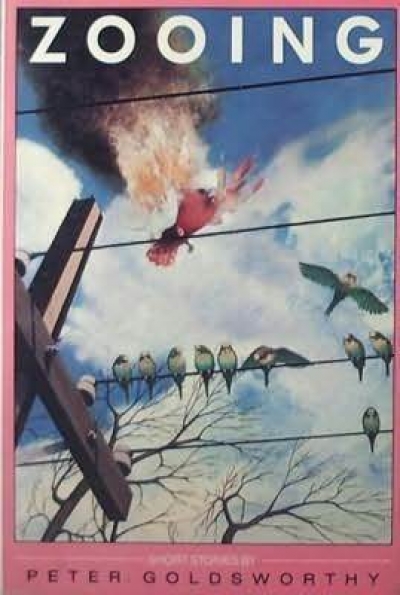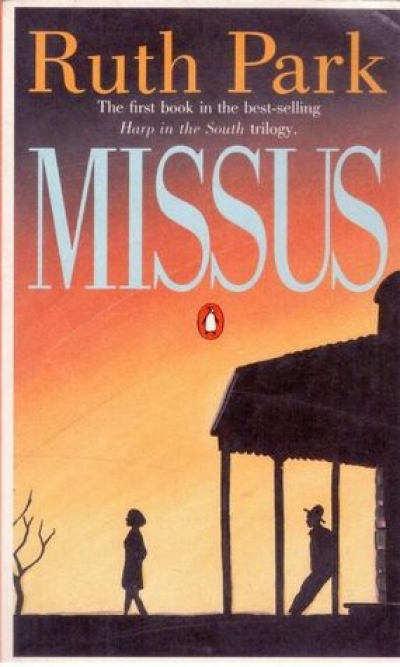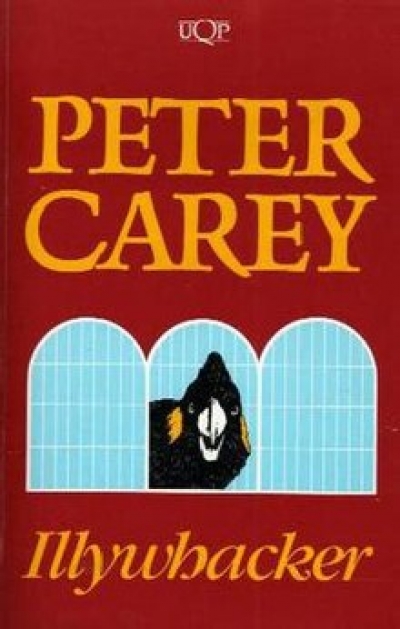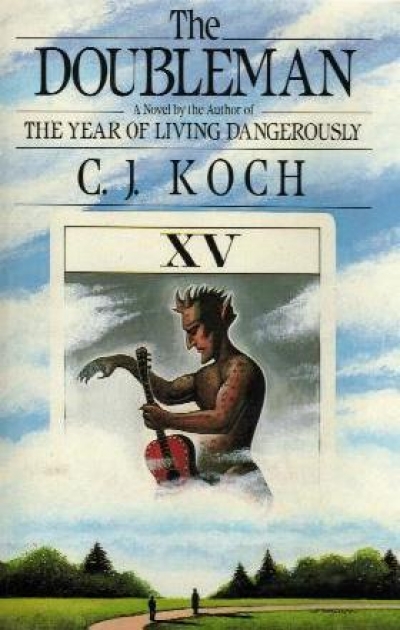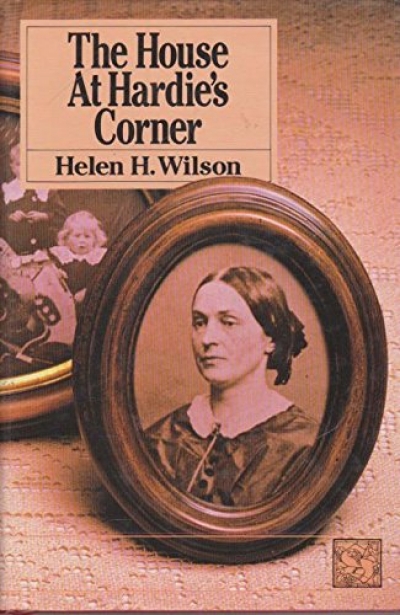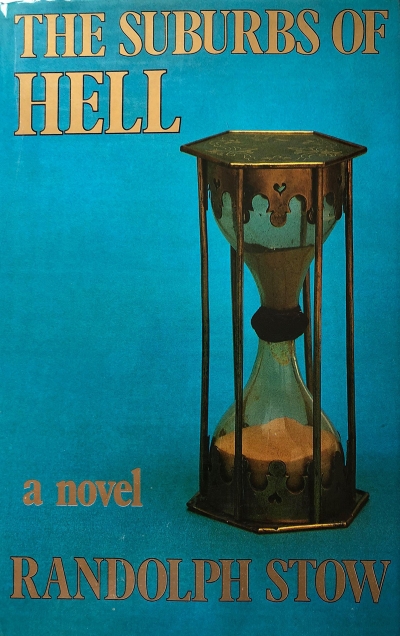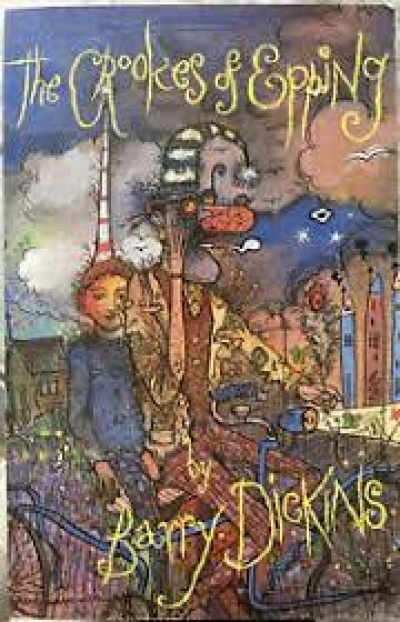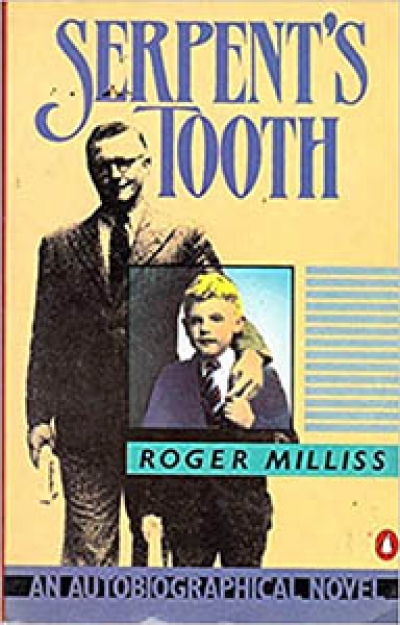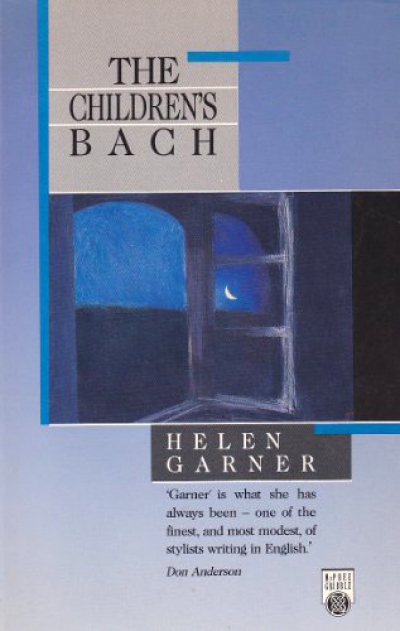Fiction
Lilian’s Story by Kate Grenville & Bearded Ladies by Kate Grenville
by Marian Eldridge •
The idea of the sequel probably goes back to the earliest cave drawings in the bowels of the oldest hills. ‘What happened next?’ was surely .among the first words babies ever gurgled as parents grunted bedtime stories around ancient camp-fires. It is not given to the armchair anthropologist to know whether· ‘What happened before that?’ is quite so fundamental, but I suspect not – otherwise, stories would begin with an end at least as often as they do with a beginning.
... (read more)The House at Hardie’s Corner by Helen H. Wilson & Landscape with Landscape by Gerald Murnane
by Ben Haneman •

